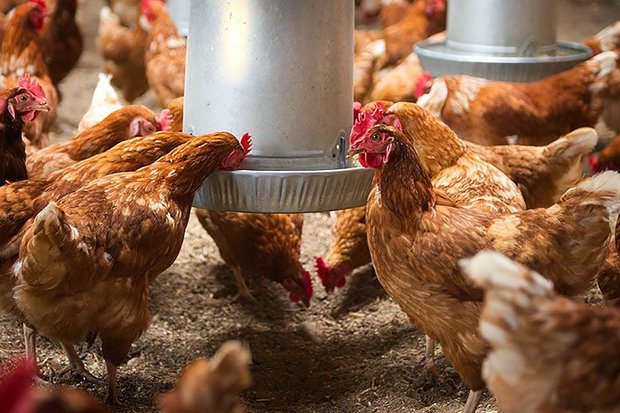
Thailand has set a target to halve antimicrobial-resistant infections by 2021 as part of ambitious efforts to join the global fight against "superbugs".
Permanent secretary for public health Sophon Mekthon said Sunday the country has set a five-year national plan to deal with between 2017 and 2021.
The government will launch screening and monitoring of the AMR situation, control the distribution of antibiotics, prevent and control AMR in hospitals and medical units, do the same for AMR in farming and livestock activities, build awareness, and develop cooperation between relevant agencies.
The plan aims to cut antimicrobial-resistant infections by half by 2021 and reduce the use of antibiotics both in humans and animals by 20% and 30% respectively during the period, said Dr Sophon in comments to mark World Antibiotic Awareness Week held from last Monday until today.
AMR refers to micro-organisms -- bacteria, fungi, viruses, and parasites -- that evolve resistance to antimicrobial substances, such as bacteria which ends up resistant to antibiotics.
The so-called superbugs caused by the misuse and abuse of antibiotics can also become a threat to public health and the economy.
Public Health Minister Piyasakol Sakolsatayadorn said about 88,000 patients develop ARM infections a year. The infections claim at least 38,000 lives in Thailand each year and cause economic damage worth some 42 billion baht.
Dr Piyasakol said AMR is now a common problem. Without measures to tackle it, the world will enter a "post-antibiotic era" when at least 10 million people around the world will die from AMR by 2050, of which 4.7 million will be in Asia.
Meanwhile, the UN Food and Agriculture Organisation (FAO) commended Thailand for pressing ahead with an AMR action plan and a total ban on antibiotics as growth promoters.
Such policies show how the government, public and private sector can work together to reduce the damaging effects of AMR, it said.
"It is time to understand that misuse of antibiotics can be devastating and tackle the problem in a sustainable way. Sharing information on good practices is critical to reducing the effects of antimicrobial resistance," said Katinka de Balogh, Senior Animal Health and Production Officer at the FAO's Asia Regional Pacific Office.
She said working with the livestock industry to ensure the national action plan will not be a stand-alone policy.
Payungsak S Tanagul, Charoen Pokphand Foods Plc's vice-president, said the company sought feed alternatives such as prebiotics, probiotics and herbs to boost immunity and animal health and welfare.
"We can be a part of sustainable solution to reduce AMR in the country, and ensure food safety from farm to fork."
Mr Payungsak said the company was keen on industrial management to ensure the prudent use of antibiotics.